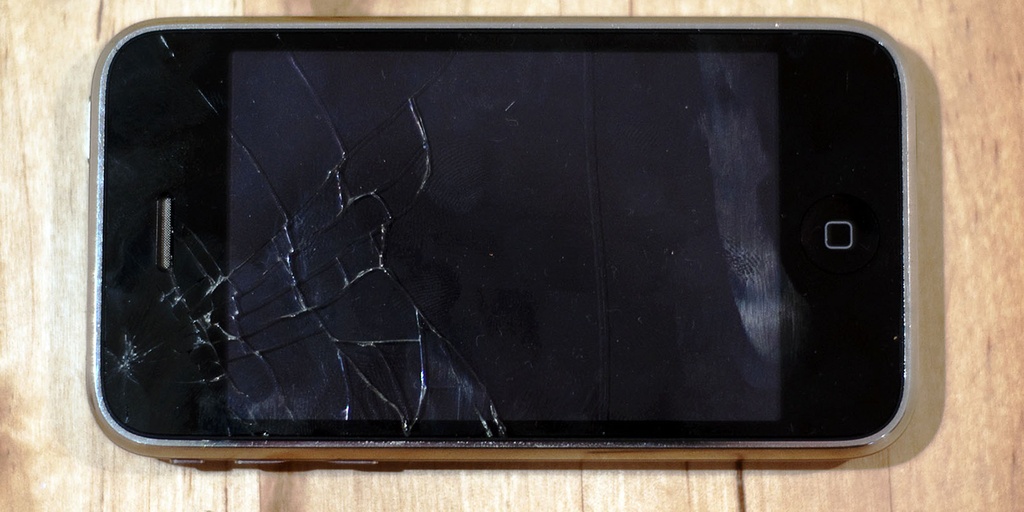Why Apple doesn’t give police data even from a drug dealer’s phone
In October 2015, Apple Representatives explained to the East District District Court of New York why the company would not unlock the phone of Jun Feng, who pleaded guilty to selling the drug. Apple does not just advocate for the safety of information of its customers, but even opposes the issuance of information to drug dealers.

The New York City Eastern District District Court's published protocol tells us why Apple is ignoring prosecutors' demands to unlock Jan Feng's phone. Feng was the owner of the iPhone 5s with the iOS7 operating system. Feng’s phone was configured so that with ten unsuccessful attempts to enter the code, it erased all the data.
This time at the hearing, Apple stubbornly claimed that it would not perform such tasks in the future. Moreover, iOS8 and iOS9 cannot be hacked even by the company itself, lawyers say .
In response to this, prosecutors recalled 70 warrants to view the phone data of the suspects that Apple executed. According to the company, these were other cases, because then the government asked for technical support.
Protecting user data is part of Apple’s business model. DaylyDot quotes one lawyer who says that Apple is more concerned with its own perceptions of the public than with the search for criminals. Some time after these hearings, the head of the company, Tim Cook, expressed his support for the encryption and protection of personal data andrefused to provide encryption keys to the Barack Obama administration. If there is a loophole for special services, attackers will also take advantage of it.

The New York City Eastern District District Court's published protocol tells us why Apple is ignoring prosecutors' demands to unlock Jan Feng's phone. Feng was the owner of the iPhone 5s with the iOS7 operating system. Feng’s phone was configured so that with ten unsuccessful attempts to enter the code, it erased all the data.
This time at the hearing, Apple stubbornly claimed that it would not perform such tasks in the future. Moreover, iOS8 and iOS9 cannot be hacked even by the company itself, lawyers say .
In response to this, prosecutors recalled 70 warrants to view the phone data of the suspects that Apple executed. According to the company, these were other cases, because then the government asked for technical support.
Protecting user data is part of Apple’s business model. DaylyDot quotes one lawyer who says that Apple is more concerned with its own perceptions of the public than with the search for criminals. Some time after these hearings, the head of the company, Tim Cook, expressed his support for the encryption and protection of personal data andrefused to provide encryption keys to the Barack Obama administration. If there is a loophole for special services, attackers will also take advantage of it.
